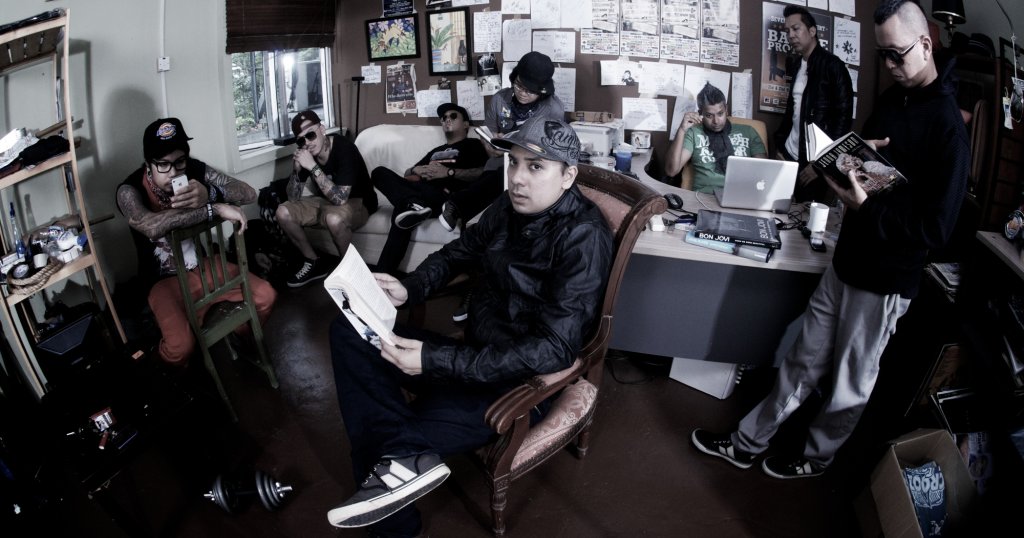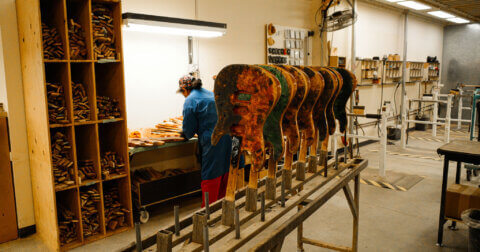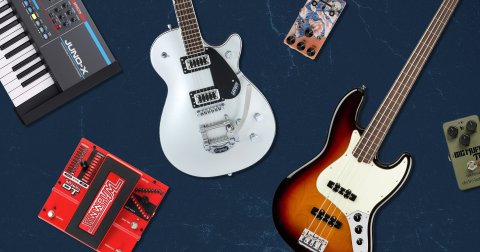Rudy Malik is a bonafide rockstar. After all, how many of us can say that we have played drums for some of the biggest Malaysian bands in the form of Pop Shuvit and Project E.A.R. With multiple years of touring under his belt and countless stories about sharing the stage with bands such as My Chemical Romance, Incubus, Katy Perry, 30 Seconds to Mars, and many others, who else would be better equipped to tell us about all things drum related and things you have to do to make it big in the music business.
Join us as we pick Rudy’s mind about his early experiences to what he’s got going on right now.
With a such a storied career so far, let’s go back to the start. How did you get into drumming?
I was a late bloomer. I only had the realisation that the drums existed when I turned 16. I was in an All-Boys’ school called Bukit Bintang Boys Secondary School (BBBS) then. Incidentally, BBBS also churned out many prominent artists like Butterfingers, Reshmonu, and Auburn.
We usually had free time before afternoon classes so my friends would bring me to a jamming studio at Asia Jaya. It was this dingy studio in the basement called “Black Widow” – you felt like you did a crime when you stepped in. But I still remember the first time I went in that studio, it felt like a whole new world just appeared in front of me.
The funny thing was I was asked to be a vocalist while the rest of my friends played the guitars, bass and drums. But I didn’t like singing, it was the drums that captivated me. It looked massive and just perfect to block people’s view from watching me use it – I guess I was an introvert then. But that was when I knew I wanted to start playing the drums.
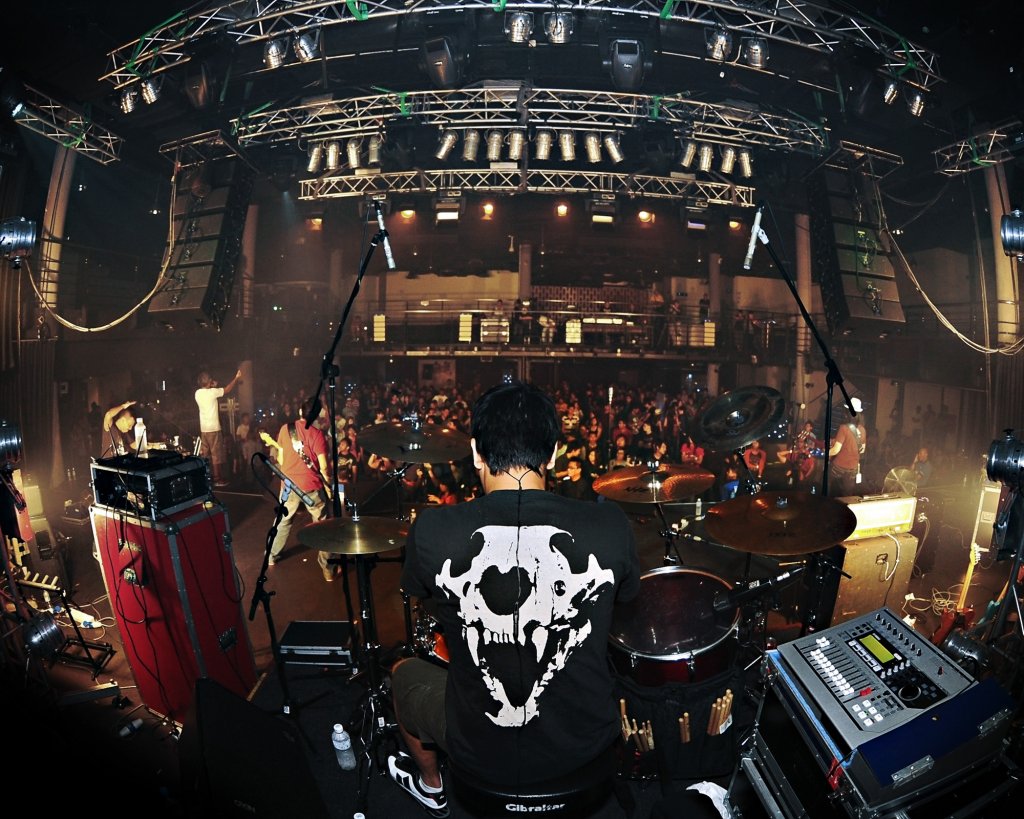
What were the first songs that you started with?
“Since I Don’t Have You”, the Guns N Roses (GNR) version. This was possibly one of the first few songs I jammed to since it was a pretty simple beat. Funnily enough, I wasn’t really a GNR fan but I liked most of their singles. I didn’t listen to the entirety of their alums but everyone in school was either playing ‘Sweet Child O’ Mine’ or ‘November Rain’.
1991 was the year of rock greats – it was the same year Nirvana released their album ‘Nevermind’ and GNR released “Use Your Illusion”. I went grunge and took the Nirvana path with my music tastes.
How did that lead you to gigging and eventually playing drums for Pop Shuvit?
I guess I can say that it was my buddy Moots (vocalist of Pop Shuvit) that set me on the part. We were in BBBS together and wanted to enter the talent-time contest in school. We were up against some pretty cool bands.
We ended up choosing this song called “Since I Don’t Have You” (the same song I started the drums out with). We didn’t win the contest, but had fun and I guess made an impression with some girls who came to see the event.
Later down the road, I joined a punk band called ‘The All Time Big Mistake’ in college with some college friends. We had quite a following but after we finished college, the band went separate ways. I dabbled in some pop fusion with some jazz musicians after and it was a change from the in-your-face rock genre that I had been in before. All of that changed when Moots came back from the UK and asked if I would like to play drums for a rap rock band. That was the start of Pop Shuvit.
There was this guy who attended to me as I asked about drum lessons. He assessed me in one of the drum rooms, and instead of assigning a teacher to me, he asked me to teach!
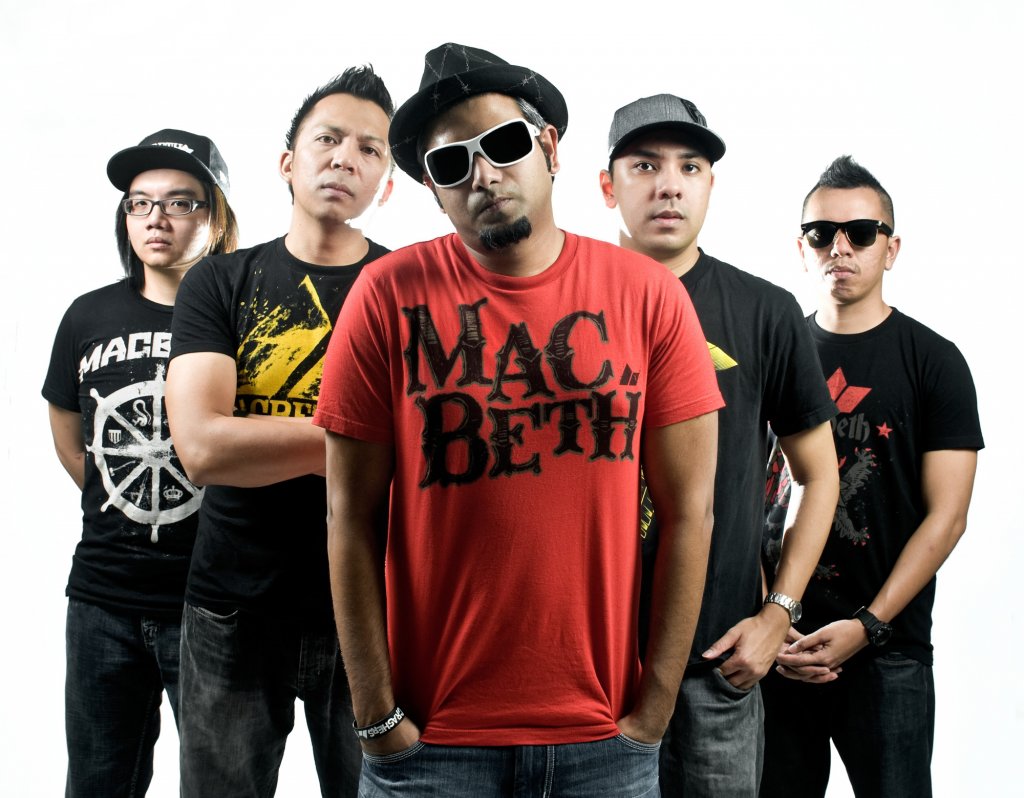
Did you get any drum lessons or are you entirely self-taught?
You know this actually a funny story. When I was in my teens, I really wanted to take drum lessons. So I took the initiative to get lessons from this guitar shop in Bangsar. There was this guy who attended to me as I asked about drum lessons. He assessed me in one of the drum rooms, and instead of assigning a teacher to me, he asked me to teach. That was really hilarious. And I actually learnt more about drums and drum theory while teaching there.
I spent close to six months teaching some students and I believe that I picked up quite a bit from the drum theory part. I had to research all the questions the students asked and find out how to give them a proper answer. I also learnt how to read sheet music, and how to practice. That gave me a deeper understanding about drumming fundamentals too.
Apart from that, I attended many drum clinics, from Jerry Felix’s, Zahid Ahmad, Lewis Pragasam, etc. – all of which helped me learn a little bit more about drumming. I also took a one class session with John Thomas and he opened me up to doubles and triplets. Other than that I watched a lot of videos and try to pick up tricks from there. Nowadays, I still learn from Youtube, although most of the stuff is just all over the place.
Who are some of your personal drumming heroes that inspire you at the sticks?
My first and lifelong personal hero is none other than the great Dave Grohl. He was the one that really inspired me to play the drums, kept me playing, and keeps me playing today.
I was quite into the whole Nirvana thing (as I mentioned before). So when Kurt passed, I searched for new music that I could relate to. I jumped into the whole pop punk and alternative/indie music genre but none of them really scratched that itch – that was a rough time for me musically. Thank god for the Foo Fighters – they are the Rolling Stones of my generation.
Other than Dave Grohl, some of my favourite drummers that have influenced me are Taylor Hawkins (Foo Fighters), Zac Farro (Paramore), Adrian Young (No Doubt), Manu Katche , Carter Beauford (Dave Matthews). More recently, Matt Mcguire and Larnell Lewis have been blowing my mind away.
Neighbours were complaining so they (the police) just had to do their rounds. The funny thing was after a few months other houses on our street in Taman Tun Dr Ismail started to have drum kits too!
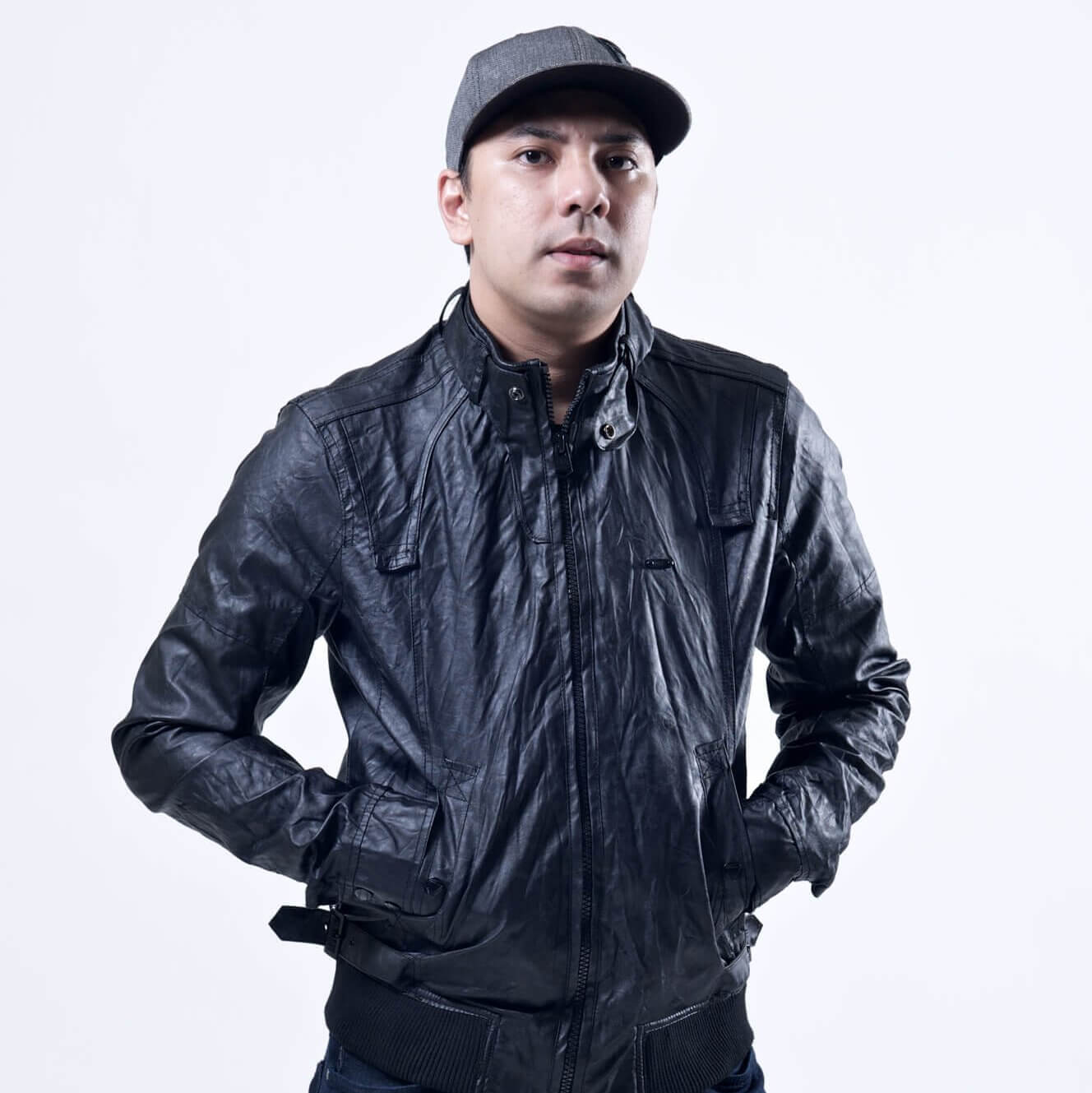
What do you wish you were better at?
I would like to pick up double pedals one day. At this point I am just loving single pedals and there is still much to learn on it. But definitely, if another pandemic happens (please no!), I’ll go on lockdown and practice double pedals for 4 months straight.
How many hours do you practice each day?
Back in the day, my brothers and I used to practice around 2 hours a day. We’d make so much noise that the police would actually come and check if everything is ok. They were polite actually. Neighbours were complaining so they just had to do their rounds. The funny thing was after a few months other houses on our street in Taman Tun Dr Ismail started to have drum kits too… Hehe. Now I practice when I get the chance to.
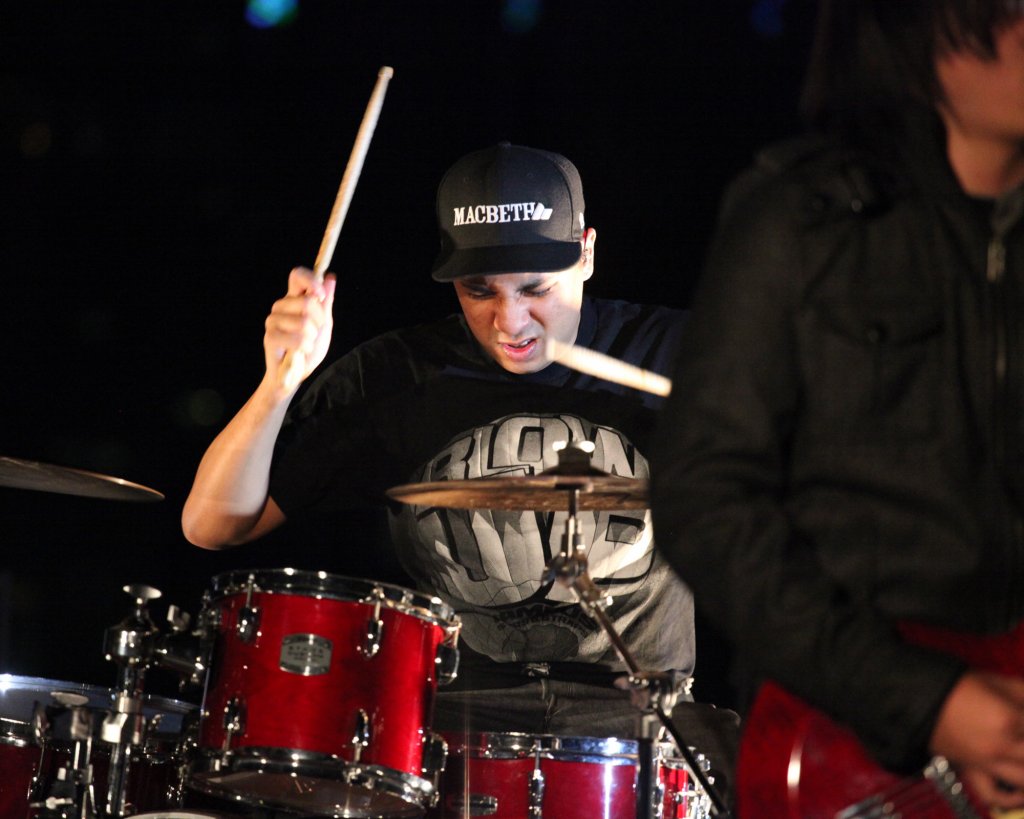
What would you tell yourself when you were younger when it comes to practice?
I would have told myself to learn the rudiments by heart and practice those things earlier so that the application of these rolls and rudiments can be done seamlessly in years to come.
I still struggle with some rudiments and well, I guess it is only natural – we are great at some stuff and weak at others. But we make use of our strengths and work on our weaknesses.
What’s your advice for anyone trying to make it in into the music industry?
I would say – play in a band, make records, get active on social media, and showcase your journey. Make a lot of friends, talk to musicians, producers, media people and learn your craft with the business in mind.
People nowadays are very attuned to an individual’s journey, and there is always a need to understand how someone reached a point in their life, whether it be success or failure.
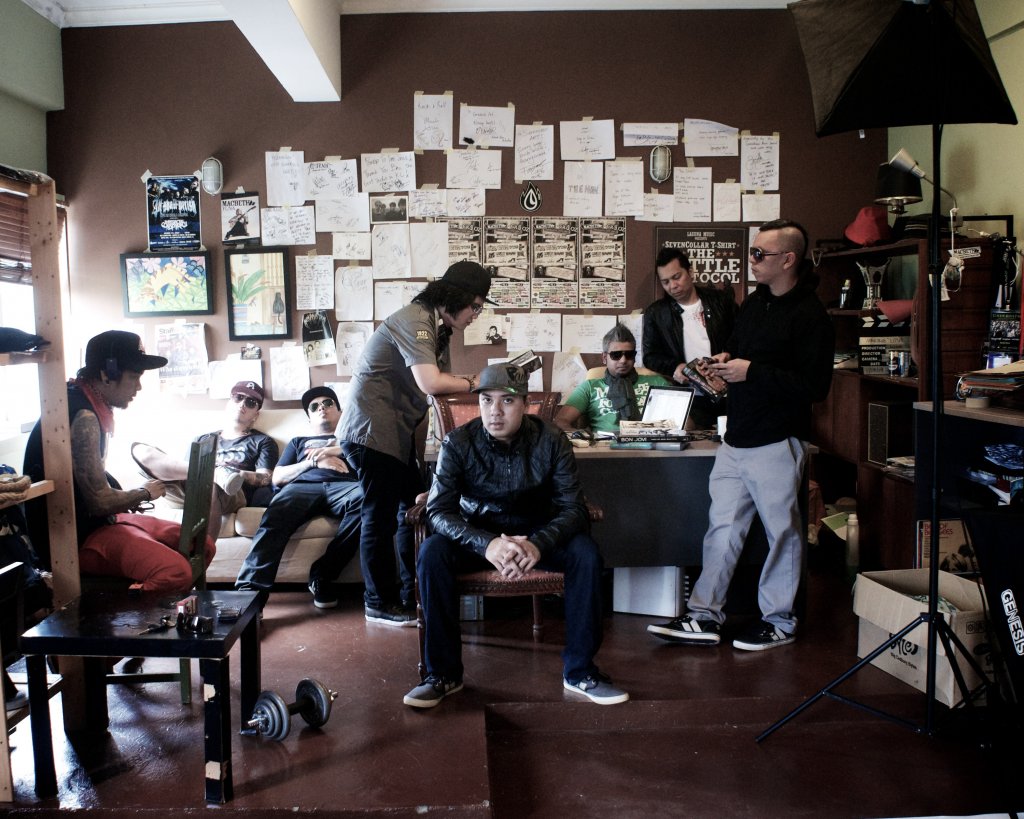
Could you tell us about what Pop Shuvit did to become so successful?
Ok, now this is a loaded question. When we started off, we never had the desire to be a successful band. We just wanted to make records, perform at shows and maybe attend parties. But I guess, our songs were pretty cool, and it made it regionally, so miracles do happen. But I don’t discount the fact that there was a lot of hard work put in place. We spent countless hours writing songs, practising, and doing shows. We did that for more than 20 years.
Sometimes artists need to hone their craft while someone else manages the business side of things.
It’s very difficult to put it in a few words. But I will say that, there are lots of ups and downs. There were times when we had writer’s block and decided to take a break from it all. It took us a year before we felt that we wanted to go back on stage. We just needed time apart. But, once refreshed we came back strong and had great material for the next album. Also, we have to attribute the fact that because we had a great manager (shout out to Yaniz from YZ International), it let us focus on the music and not the business machine that can kill so much of time and creativity. Sometimes artists need to hone their craft while someone else manages the business side of things.
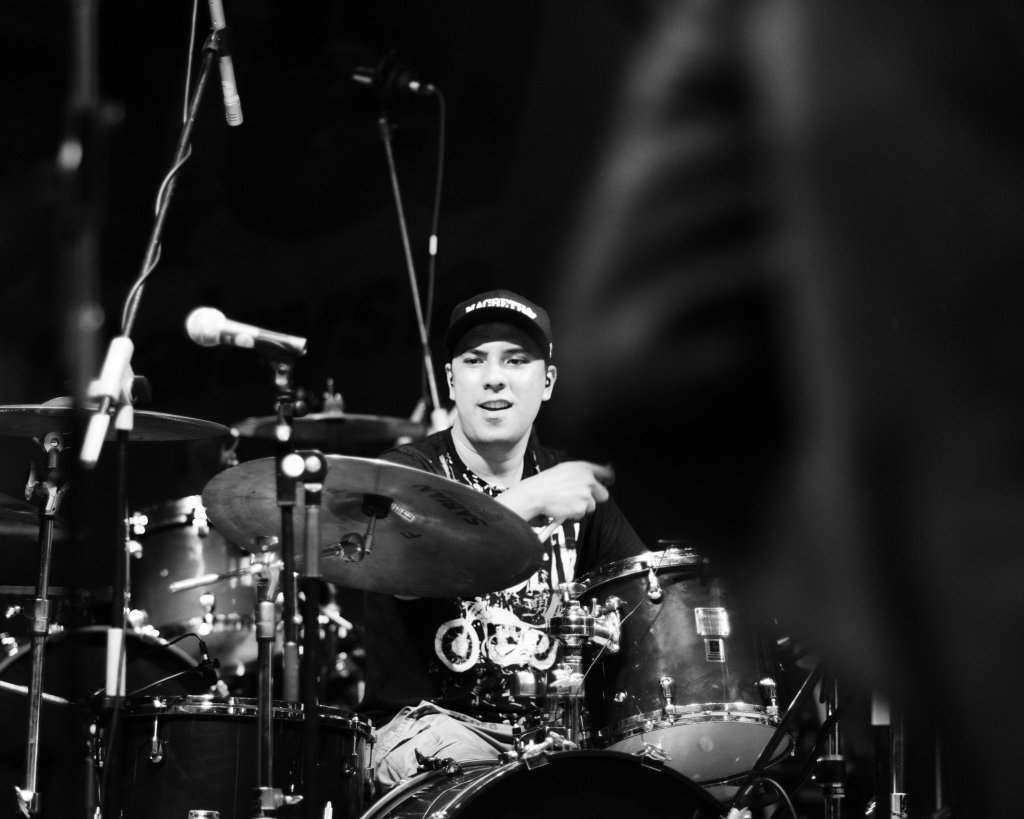
What are often overlooked things that most artists miss out on?
Get a manager when you and your band members can’t cope handling the business and administrative side of things. Learn to delegate jobs to your loyal friends. Plan your year in advance. Have a social media planner and plan your content.
The drummer is an important pillar and carries a heavy responsibility in the band. Apart from creating beats, we are always searching for the best sound for the band.
Always look at partnerships with other artists. Collaborations are going to help you very much, plus it is always fun to work with others. Look for brands who believe in your path to work together with you.
Always evolve your music creation process and also stage performance. I am very much an acoustic drummer, so I never looked at making my set more hybridised. But in the last three years, I have been dabbling into Electric drums, VSTs and live streaming, and thus pushing myself to look at the future of drumming. I always push myself and find the latest tech to show the world what drumming could be in the next ten years.
Bring all that into the band, experiment, and voice it out. The drummer is an important pillar and carries a heavy responsibility in the band. Apart from creating beats, we are always searching for the best sound for the band. For some reason, I have always thought that a drummer can always produce great mixes in a record (if they start producing of course).
And lastly, practice, practice, practice!
Any funny experiences when you were performing on the road?
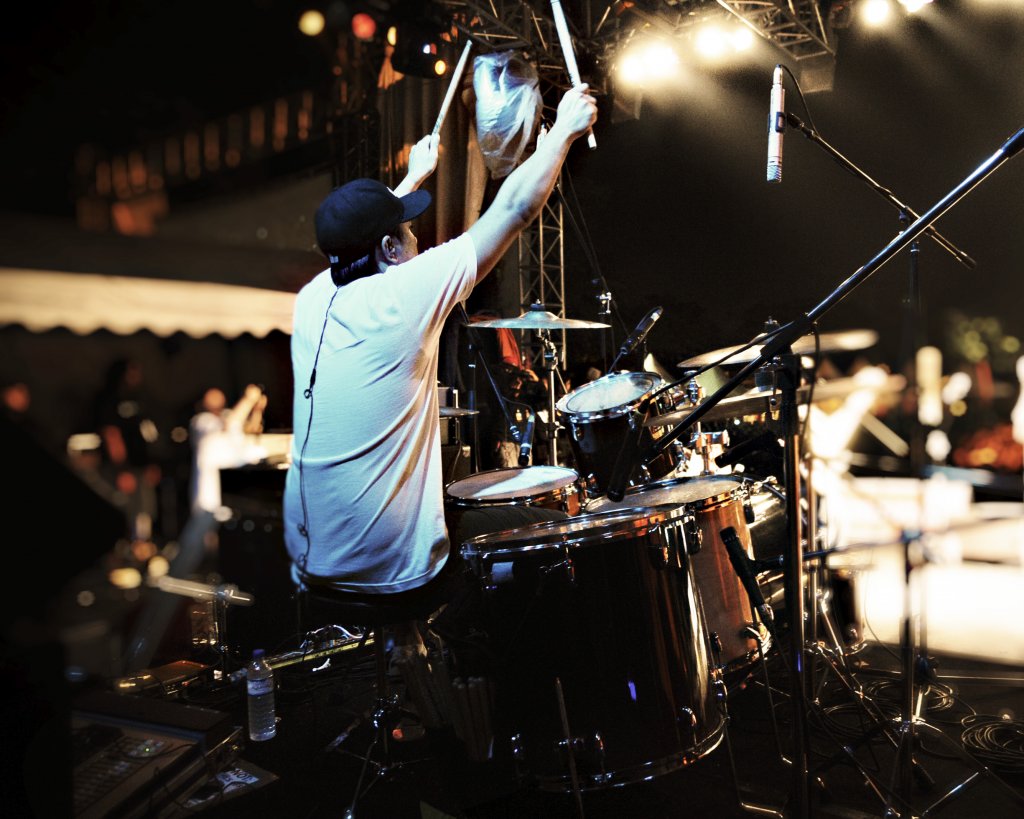
Yes definitely! Well I’d say that when performing, things have been quite controlled. But we would have weird experiences before and after performances. In Japan, before a show, we were crossing a street heading to an interview. It was raining. A girl stopped us in the middle of the street asking for our autograph on a yen note. That was crazy. How did she manage to identify us. And in Japan?!! That was bonkers.
I had the same experience in KK, Sabah as well where we had a show. I was doing my business at the urinal, and after I was done this guy beside me asked me to sign my autograph on a ringgit note. Haha! Of course, I was polite enough to oblige but only after I washed my hands. After that, a few other guys jumped in on the action, and I ended up signing on a few ringgit notes.
What are some truths about the Malaysian music industry that people may not know?
The truth is that there are many talented musicians in the industry now but mostly do not have the business acumen on how to leverage the scene. Talent only takes you that far. It is the business acumen that brings an artist further. That is why having a band manager is always recommended.
Performance is only part of the story and a musician shouldn’t just lean on that – it isn’t sustainable.
Performance is only part of the story and a musician shouldn’t just lean on that – it isn’t sustainable. Open your mind to other areas of the industry, i.e. talent management, music education, publishing, songwriting, etc. Always think out of the box, because the industry is waiting for new stuff that is revolutionary.
What should drummers know how to play ?
In this video, Rudy demonstrates three different fills that he thinks all drummers should have in their repertoire. Rudy is using a Ludwig Evolution Maple Drum Kit in this video.
Any advice to beginners or those who wish to start drumming?
The fastest way for beginners to make an impact is to have a supportive community that can show, nourish, advise and also give constructive feedback on their progress. I am a firm believer in a combination of self and community learning.
Self learning can only be successful with an effective community support system. For example, I have my drumming friends Jimmy and Ryan and many more who encourage each other to push ourselves to do more than we can and we do actually.
The fastest way for beginners to make an impact is to have a supportive community that can show, nourish, advise and also give constructive feedback on their progress.
We also need that alone time to reflect and practice. That is when the magic happens. Incidentally, I am in the midst of building such an ecosystem which anyone in the world can be part of.
If you are interested in keeping up to date with Rudy Malik, follow him on over at Instagram at @rudypopshuvit. You can also stay up to date with his bands over at @popshuvitmusic and @projectearsea. Project Ear has been working on some new music so stay tuned for that!
Rudy and his wife, Intan are also part of a really cool initiative called Music Mountain. Music Mountain is an online music school looking to make high quality lessons available to the masses without geographical constraints. They are starting their pilot run for drums right now and will be featuring local drumming gurus Jimmy Jamz and Ryan Lee Bhaskaran. We’ll also be having Jimmy and Ryan on the blog so stay tuned for that as well!
Stay tuned to our blog for the next part of our artist feature with Rudy Malik where he gives his thoughts about everything to do with drum gear.
If you’d like to read about our previous artist features, you can do so over here!
